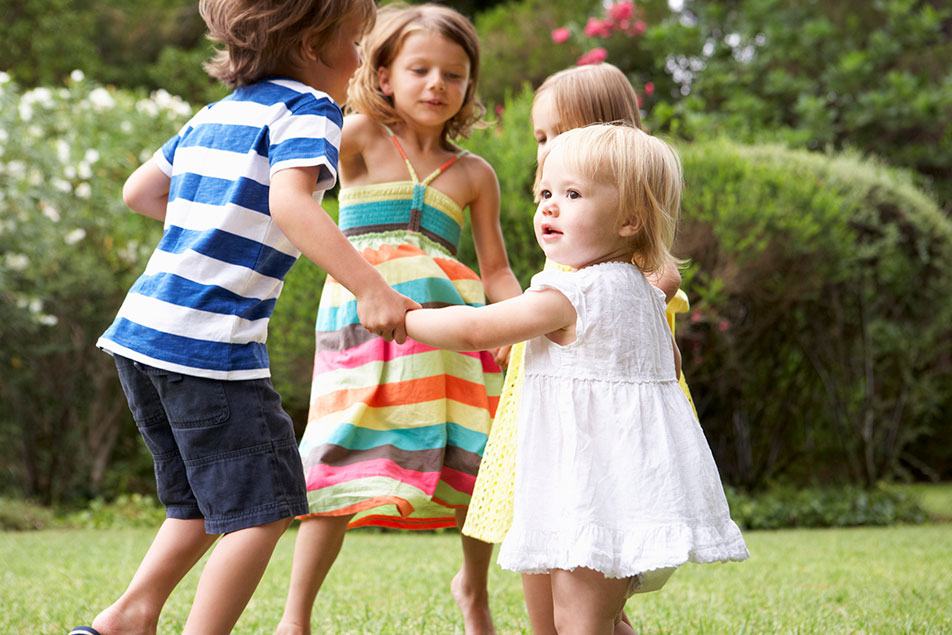
Enjoy this monthly mindfulness post from Dave Johnson, PhD, CNS-BC, LMFT, Employee Assistance Specialist.
“Love is patient, love is kind. It is not jealous, is not pompous, it is not inflated, it is not rude, it does not seek its own interest, it is not quick-tempered, it does not brood over injury, it does not rejoice over wrongdoing but rejoices with the truth. It bears all things, believes all things, hopes all things, endures all things. Love never fails.”
1 Corinthians 13:4-8.
Ahhh … love. When we see it in our children, parents, friends, and ourselves, we sense the pricelessness of one word that is, perhaps, most written about, least understood, and a great challenge to cultivate and sustain. The word is used in so many varying contexts that we can often become lost and uncertain about what love really means. At weddings, holidays, and special occasions, we read scripture and sacred texts, recite poetry or sing songs about love. We watch love play out on the big screen and on TV. We flip past images in magazines and pore over tales of romance in books. We fantasize about and idealize love.
A few years back, I wrote about mindfulness in relationships and created a short video about how mindfulness and love are connected. For this post, I’ll refer to story, dance and the whimsy of children to illuminate a few key ideas about love.
Children and love
This summer, my wife, Rosie, and I were gifted a weekend with some of our grandkids while their parents enjoyed a weekend away. We relish spending time with our grand-kiddos and look for fun things to do with them. We noticed an outdoor family concert at the library and decided to take some lawn chairs, cooler with treats and a blanket for them to sit on while a band played lively family-style music.
It was an idyllic, beautiful, warm evening under the stars. After settling in for a few songs, without prompting, the two older children, Eloise (4) and William (5) got up and began to dance together. These two siblings are not only close in age but love each other deeply and are best buddies. As they danced, they giggled, helped each other regain balance, swung to the music, and noticed and mimicked each other’s movements. At times they held each other closely, and other times seemed to get swept away in their own dance. Rosie and I delighted in watching them and, of course, a few other elders near us whispered to each other how darling they were. Toward the end of the song, Eloise placed both of her little hands on her brother’s face and drew him near for a sweet and gentle kiss. They giggled and shrieked with glee with excitement.
I wonder about the essence of the flow of love and the cycle of life. It has been said that everything we need to know we learn in kindergarten. Is it possible that love lessons begin there as well? As I recount this story, I wonder about the metaphor of dance in our love relationships and what we can also learn from children for our adult practice of love.
- Practice. Love doesn’t seem to always have exact moves and rules. Like dance, it requires practice. It’s rarely fun to go it alone, and a partner can sometimes be of great support and balance. A gentle and loving kiss, a tender moment of affection, and getting into a moment of flow can happen when least expected. Enjoying the dance can spark energy within and between. It’s not enough to know how to dance; the dance requires practice, is rarely perfect and demands a bit of improvisation. Watching my grandkids move seemed ageless and relevant to the dance of love.
- Connection. Like siblings and young children, we can remember the importance of having and being good friends or buddies. Often children have volatile emotions but are also quick to forgive and move on to the next activity. Older siblings can provide for safety and younger siblings can teach tenderness. Reciprocity and support can be exchanged. Fun and play is a must. Taking time to spend with each other is imperative. It’s not that our adult lives are not serious business, but how can we recall the simplicity and joy with pausing to connect and really appreciate moments with our love mates? Knowing how and when to use the mindful muscle of awareness to make this connection can be helpful.
- Consider an instructor. Sometimes dance requires instructions. But unlike other areas in healthcare, where folks can go to a health provider for a wellness check and coaching for illness prevention and health promotion, rarely do people access instruction or counseling when the marriage or relationship is strong and going well. Unfortunately, relationships are nearly on their last leg when couples reach out for help. As a marriage and family therapist, I listened to stories where trust was broken and there was great uncertainty about the love potion needed to invigorate the spirit of love. Navigating the emotional roller coaster of relationship needs is not without many challenges. Like dance, having a bit of coaching, counseling or mentoring could be an invaluable resource in building resiliency.
- Pause and consider personal needs. Like dance, a bit of pause for regrouping is needed to reinvigorate oneself. In the pause, you can become more intentional about needs. I recently asked a close friend to meander just a bit about love needs. Although her list is not exhaustive, within moments of my question, she confided a healthy random stream of images. Thinking through what one needs and sharing these meanderings with a partner can be helpful. No one likes to hear what a bad dancer they are, but a kind and gentle spirit of curiosity and non-judgment might evoke some authentic conversation. In the pause, my friend confided that “Love is not things.” She said it is about …
- Attention (eye contact, active listening, etc.)
- Making time for each other
- Continuing to date
- Wanting to evolve together and keep learning who your partner really is
- Being truthful, but not spiteful
- Acceptance
- Shared interest
- Hard work, particularly when life tries to get in the way
- Keeping some separateness from parenting, even though parenting is love
- Learning not to take advantage of the partner’s unconditional love
- Being intentional to put love at the tippy top of the juggle of the list of priorities
- Sometimes providing a subtle gesture or phrase no one else would say to you

- Strengthen the mindful muscle. The Practice of Mindfulness can be done alone, but experiencing the energy of a group practice is highly encouraged. We offer group practice sessions monthly at Parkview’s Center for Healthy Living. You don’t need any previous mindfulness experience to attend. We provide resources and coaching on various applications of mindfulness including loving-kindness in relationships.
At the core of practice is becoming a bit more loving and kind to ourselves and each other. When we practice, we learn how to come to an awareness and presence, and how challenging it is to come out of thinking and overthinking mind. The fruit of your practice is being skillful at being in loving relationships.
When one is hungry, angry, emotional or tired, the dance of love is especially challenging. Practicing mindfulness helps us cultivate our own sensibility and skillfulness when a button has been pushed. It gives us more options over our reactivity and we’re able to sustain our presence in important moments.
There are so many dances in life. At the end of the journey, when one is asked about what mattered most, I am certain the highlights are not about money, things or climbing ladders of success. What matters most in life is real loving contact. I appreciate the grand-kiddos dance one starry summer night. A bit of tenderness and whimsy is needed throughout the life journey for sure.
Other resources
For a free 1:1, in person or phone, consultation with Dr. Dave or to learn more about Mindfulness & Stress Management programs, contact the Parkview Center for Healthy Living at 260-672-6500. Dr. Dave also provides on-site guidance for teambuilding and transformational leadership, among other topics. To learn more about Employee Assistance Programs for your company, call Business Development at 260-373-9013. Mindfulness-based stress reduction (MBSR) practice has been extensively researched and proven helpful for coping with stress and change, grief, healthy eating patterns, pain, anxiety, depression and many other chronic disease and autoimmune disorders.
Follow Integrate Mindfulness on Facebook, for posting of mindfulness and healing exercises from Dr. Dave.



